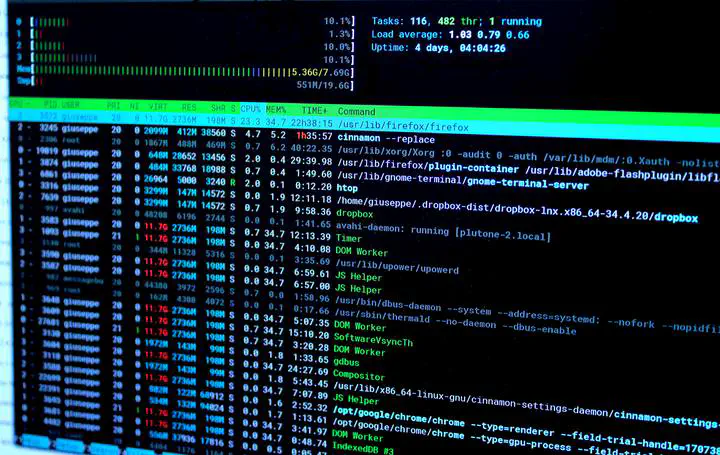Critical Systems

The end of Dennard’s scaling has been one of the most disruptive events occurring in the evolution of the computing platforms. In order to cope with the subsequent increase in chips power density, hardware designers have progressively moved towards solutions that leverage the concepts of parallelism and heterogeneity. As a consequence, modern architectures feature an increasing number of shared computational resources that are power-hungry, can possibly be different in nature, and can be concurrently used by multiple applications. This increasing hardware complexity has in turn affected the software stack: task scheduling and mapping have become challenging problems due to the need of maximizing the performance of applications while minimizing power, temperature and contention on the shared resources. The activities of the run-time resource management sub-group aims at addressing the aforementioned problems, considering system scenarios that span from embedded and mobile systems to High-Performance Computing (HPC) infrastructures. Part of the research outcomes are then exploited for the development of the Barbeque Run-Time Resource Manager (Barbeque Open-Source Project ). Guaranteeing a suitable system utilization without causing problems that could compromise the system itself is paramount. This is the ultimate goal of the run-time resource management group, which, in order to get the best results, can always count on the close collaboration with all the other groups, which have competences in both hardware and software management.